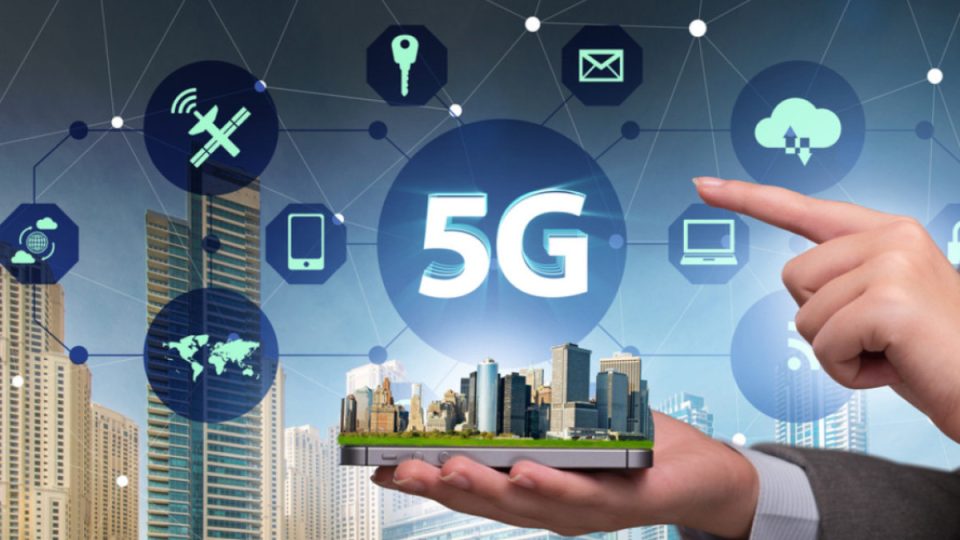Introduction
The world of telecommunications is on the brink of a revolutionary transformation with the advent and Impact of 5G Technology. As the fifth generation of wireless technology, 5G promises lightning-fast speeds, ultra-low latency, and vast network capacity.
In this blog post, we will delve into the benefits and implications of 5G technology, exploring how it is set to reshape industries, enhance user experiences, and fuel innovation.
1. Unprecedented Speed and Bandwidth
The most significant advantage of 5G technology is its unparalleled speed and Dpboss capabilities. With speeds up to 100 times faster than its predecessor, 4G, 5G will facilitate faster downloads, seamless streaming of high-definition content, and real-time interactivity.
This blazing-fast connectivity opens up new possibilities for industries such as entertainment, gaming, and media, where lag-free and immersive experiences are in high demand.
2. Enhanced Mobile Connectivity
The introduction of 5G will significantly improve mobile connectivity, making dropped calls and slow connections a thing of the past. With lower latency and higher network capacity, 5G enables a more reliable and stable connection, even in crowded areas.
This enhanced connectivity has far-reaching implications for industries like transportation, healthcare, and public safety, where reliable communication is crucial for efficiency and safety.
3. Internet of Things (IoT) Revolution
5G technology will catalyze the rapid expansion of the Internet of Things (IoT). With its ability to connect a massive number of devices simultaneously, 5G opens the door to a world where smart homes, smart cities, and autonomous vehicles become a reality.
The IoT revolution powered by 5G will transform industries by enabling real-time data collection, analysis, and decision-making, leading to increased efficiency, improved services, and innovative solutions.
4. Boost to Industry 4.0 and Automation
The seamless connectivity and ultra-low latency of 5G are a boon for the industry sector. Industry 4.0, characterized by the integration of automation and data exchange in manufacturing, will see a significant boost with 5G technology.
High-speed wireless connections will enable real-time monitoring, remote control, and predictive maintenance of machines and equipment, leading to increased productivity, reduced downtime, and cost savings. Moreover, the use of 5G-powered robotics and AI-driven automation will revolutionize industries by augmenting human capabilities and enabling tasks that were previously unimaginable.
5. Transformation of Healthcare
The healthcare industry stands to gain immensely from the implementation of 5G technology. The combination of high-speed connectivity and low latency will enable remote patient monitoring, telemedicine, and real-time data transmission for healthcare professionals.
Surgeons can perform complex procedures remotely, specialists can provide consultations regardless of geographical boundaries, and patients can receive prompt care and support from the comfort of their homes. 5G-powered healthcare solutions have the potential to improve accessibility, reduce costs, and save lives.
6. Implications for Data Security and Privacy
While the benefits of 5G technology are vast, its implementation also raises concerns regarding data security and privacy. With the increased number of connected devices and the exponential growth in data transmission, safeguarding sensitive information becomes paramount.
As more devices become interconnected, the potential attack surface for cybercriminals widens. Therefore, stringent security measures, robust encryption protocols, and continuous monitoring systems must be in place to mitigate risks and protect user privacy.
7. Infrastructure Requirements and Challenges
Implementing 5G technology comes with its fair share of challenges. One major hurdle is the need for extensive infrastructure upgrades. 5G networks rely on a dense network of small cells and advanced antennas, requiring significant investment in infrastructure deployment.
Moreover, the higher frequency bands used by 5G networks have limited range and are more susceptible to interference, necessitating the installation of a greater number of base stations. This infrastructure rollout poses challenges in terms of cost, regulatory approvals, and addressing concerns related to the visual impact of new cell towers.
Additionally, the availability of compatible devices poses another challenge. While smartphone manufacturers have started incorporating 5G capabilities into their devices, the transition to 5G-compatible devices is gradual, and some users may need to upgrade their devices to take full advantage of the technology.
Conclusion
The impact of 5G technology is poised to be transformative across various sectors, revolutionizing industries, enhancing user experiences, and driving innovation. With its unprecedented speed, enhanced mobile connectivity, and the potential to support the vast network of IoT devices, 5G opens doors to a world of possibilities. It empowers industries with real-time data, enables advanced automation, and transforms healthcare delivery.
Also Read: Art of Money Management – A Guide to Personal Finance

